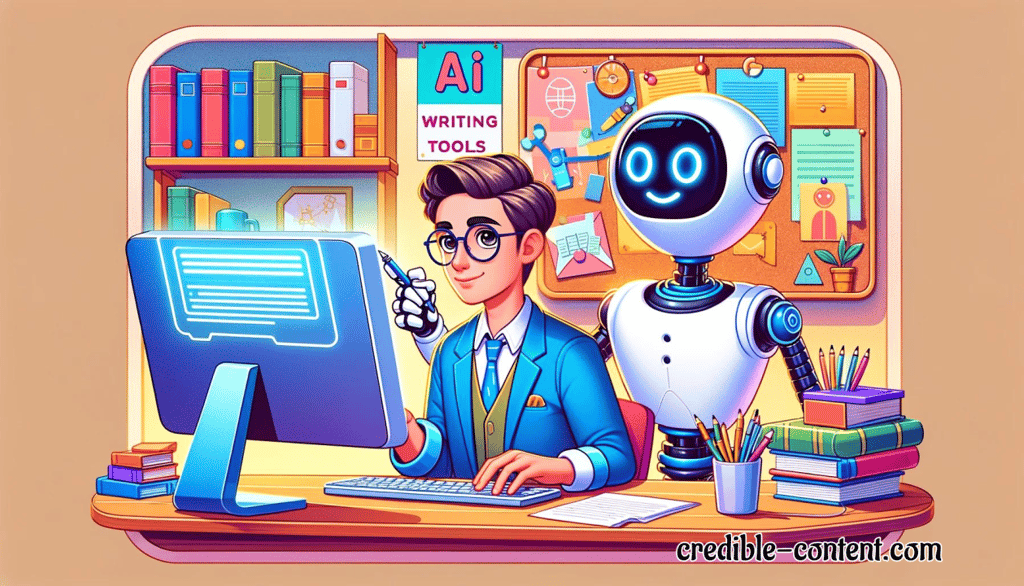AI-Generated Content: A Blessing or a Problem?
Artificial Intelligence (AI) is changing how we create content. From writing articles and making artwork to generating videos and music, AI is becoming a powerful tool in many industries.
TECHNOLOGY


Introduction to AI-Generated Content
Artificial Intelligence (AI) is changing how we create content. From writing articles and making artwork to generating videos and music, AI is becoming a powerful tool in many industries. It helps people work faster, saves time, and makes complex tasks easier. But while AI is exciting, it also brings serious concerns. Some worry about fake news, job losses, and ethical issues. The question is: should we fully embrace AI, or should we be cautious about its growing influence?
How AI is Changing Content Creation
AI-powered tools like ChatGPT, MidJourney, and DALL·E allow people to create text, images, and videos in seconds. Businesses use AI to write blog posts, create marketing ads, and even generate scripts for movies. AI-generated music and deepfake videos are also becoming popular. With just a few clicks, anyone can create high-quality content without needing special skills.
For many professionals, AI is a helpful tool. Writers use it to get ideas and structure their work, designers use AI to create quick visuals, and filmmakers experiment with AI-generated voices and animations. This makes work faster and more efficient, allowing people to focus on creativity rather than routine tasks.
The Problems AI Brings
Despite its advantages, AI-generated content has serious risks:
1) Fake News & Deepfakes – AI can create fake news articles and realistic videos of people saying things they never did. This can spread misinformation and cause problems, especially in politics and media. Many worry that AI could be used to manipulate public opinion.
2) Reduced Work Opportunities & Enhanced Dependency On Machines - A big bulk of people have a concern regarding AI and it is that it will replace human resources. Writers, designers, and artists are anxious that with the emergence of AI, their services will no longer be needed, which would lower the value of human creativeness. AI can be of assistance, but there is a danger that it can make industries more machine dependent rather than human dependent.
3) Legal and Moral Controversies - If an AI produces an image, a song or even a writing piece, who owns the copyright? For the legal world, resolving these questions has been a troubling dilemma and there are many writers and artists who fear that AI would replicate work for plagiaristic purposes without any given credit.
Placing The Pieces Together
There are many benefits of AI, but as always these benefits come with a few untouchable risks which can change the face of the human world. AI can help, but it should not oppress humans. Rather, AI should be looked at as a means to assist people and to get more work done efficiently. Rules have to be put in place by the government bodies to maintain balance. At the same time, though, considering AI as a threat, professionals have to know how to make use of it.
Conclusion
AI is not going away—it will only become more advanced. The challenge is to use it wisely. If we find the right balance, AI can help people be more creative and productive without taking away jobs or spreading false information. The future of AI depends on how we choose to use it.
